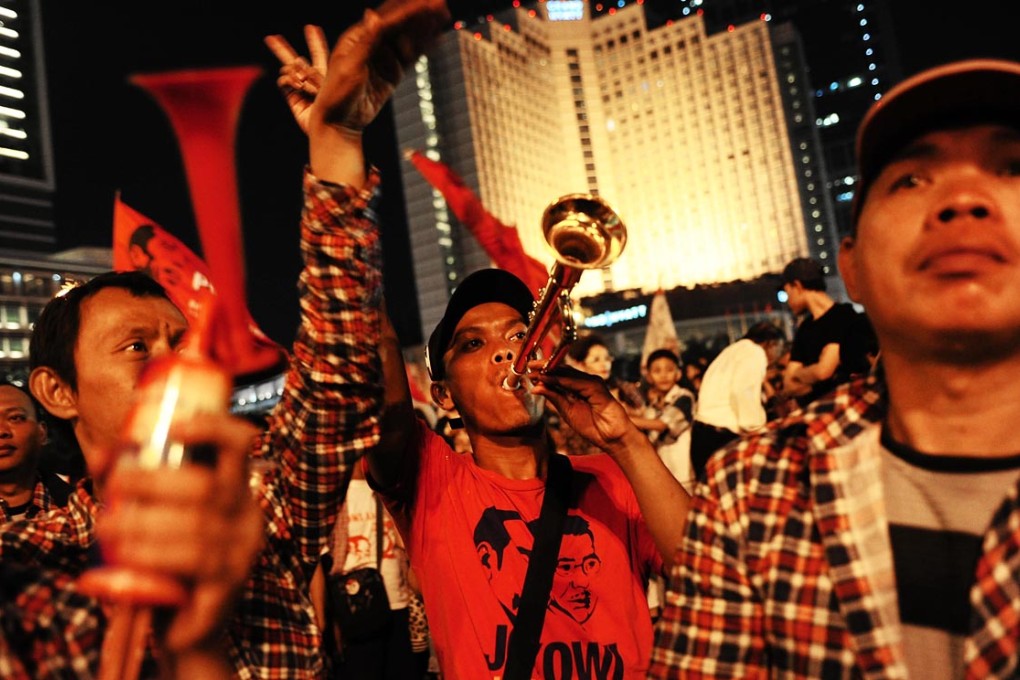Macroscope | Reform prospects bleaker in divided Indonesia
Slim victory would deprive Joko Widodo of a strong mandate for reform and raise questions about his presidency, in contrast to 'Modi mania'

Three months ago, Joko Widodo, the mild-mannered and reform-minded governor of Jakarta, looked like a shoo-in to become Indonesia's next president in a crucial election that took place on Wednesday.
Yet when the unofficial "quick count" results were released, Widodo - known by his nickname Jokowi - must have thanked his lucky stars he still had a slight edge over his rival.
The immediate challenge is to get a grip on … the country’s ballooning fuel subsidy bill
While the final results of Indonesia's election won't be known until July 22, Widodo is fortunate to have retained his lead after squandering a 30-point advantage in the polls to Prabowo Subianto, a tough-talking former general who staged a remarkable comeback.
Indeed so narrow is Widodo's margin of victory - 53 per cent to 47 per cent - that Subianto's camp is so far refusing to concede defeat.
While financial markets are relieved that Widodo, whose reformist credentials and corruption-free reputation endear him to foreign investors, is still ahead, a slim victory would deprive him of a strong mandate for reform and raise serious questions about his presidency even before he takes office in October.
This is bad news for Indonesia, Southeast Asia's largest economy and the world's third-biggest democracy.
The stark contrast between the thumping victory of the popular and charismatic Narendra Modi in India's parliamentary election in May and the political polarisation in Indonesia has been thrown into sharp relief.
